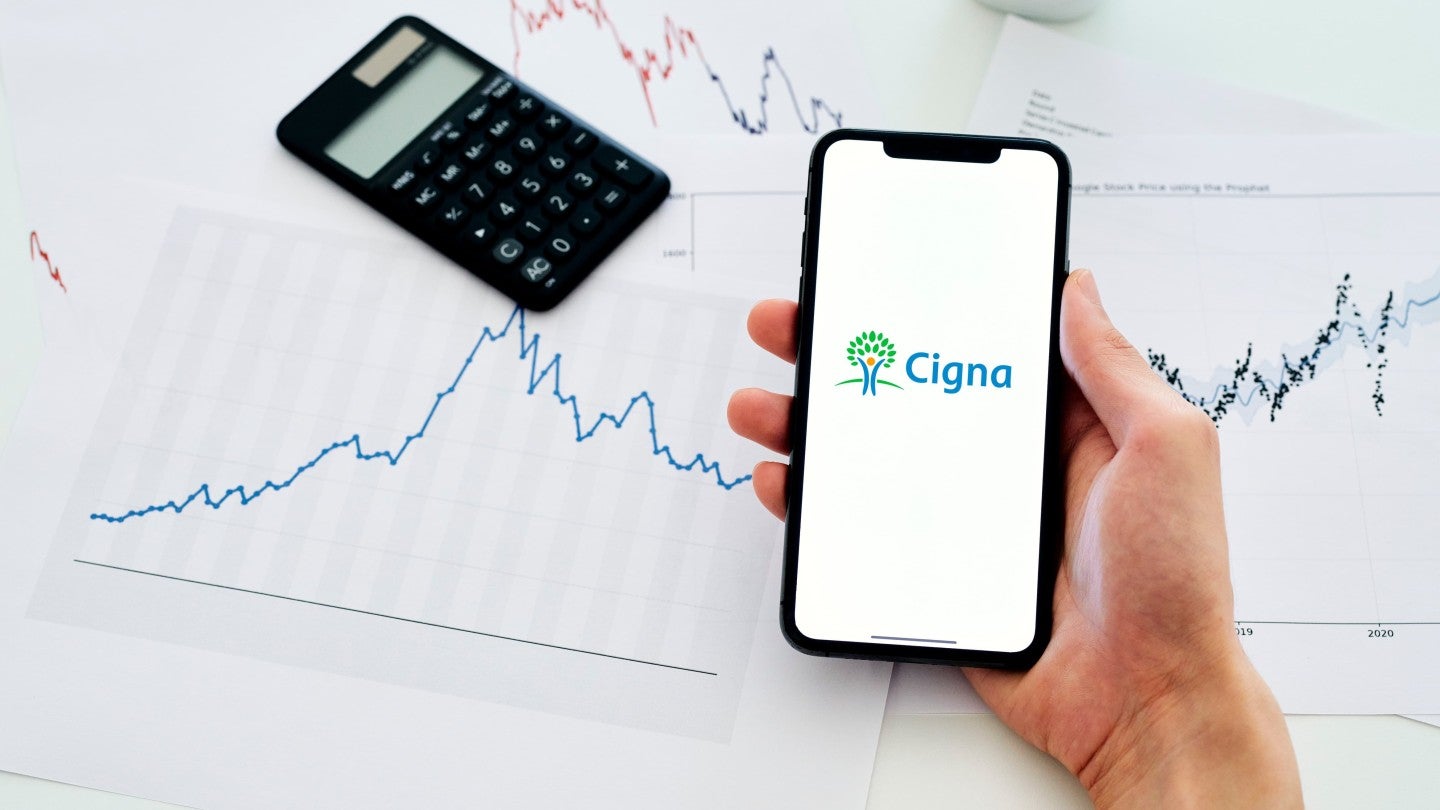
US health insurer Cigna has scrapped plans to merge with competitor Humana after they failed to agree on financial terms.
Since the end of November, the US health insurance giants were in discussions to enter a merger deal that would have created an industry behemoth with a combined value of nearly $140bn.
The combined entity would have been capable of competing with market rivals including Elevance Health and UnitedHealth Group.
Cigna, after failing to come to an agreement with Humana on financial terms, is focusing on smaller and bolt-on acquisitions, people familiar with the matter told the Wall Street Journal.
Despite Cigna administration’s strict mergers and acquisitions stance, the potential merger deal would have been possible from a regulatory perspective, sources added.
The deal would have also attracted certain tough scrutiny from antitrust bodies.
How well do you really know your competitors?
Access the most comprehensive Company Profiles on the market, powered by GlobalData. Save hours of research. Gain competitive edge.

Thank you!
Your download email will arrive shortly
Not ready to buy yet? Download a free sample
We are confident about the unique quality of our Company Profiles. However, we want you to make the most beneficial decision for your business, so we offer a free sample that you can download by submitting the below form
By GlobalDataSources claimed that Cigna continues to believe in the “merits” of a merger with Humana and the merged entity would have helped in improving healthcare access and lowering costs for consumers.
There was a huge gap between Humana’s price expectations and what Cigna intended to pay, while a decrease in Cigna’s stock price made it even harder to close that gap, a source aware of the matter told Bloomberg.
Simultaneously, Cigna’s board of directors have approved an additional $10bn in incremental share repurchase authorisation, taking the company’s total share repurchase authority to $11.3bn.
This move comes as Cigna is planning to leverage the majority of its discretionary cash flow for share repurchase next year, with estimated share buybacks of $5bn between now and the end of first half of 2024.
Cigna Group CEO and chairman David Cordani said: “We believe Cigna’s shares are significantly undervalued and repurchases represent a value-enhancing deployment of capital as we work to support high-quality care, improved affordability and better health outcomes.
“As we look at the broader landscape and strategic opportunities before us, we will remain financially disciplined with a clear focus on executing against our strategy, delivering value for our shareholders and investing in our future.
“In light of current environment, we will consider bolt-on acquisitions aligned with our strategy, as well as value-enhancing divestitures.”







